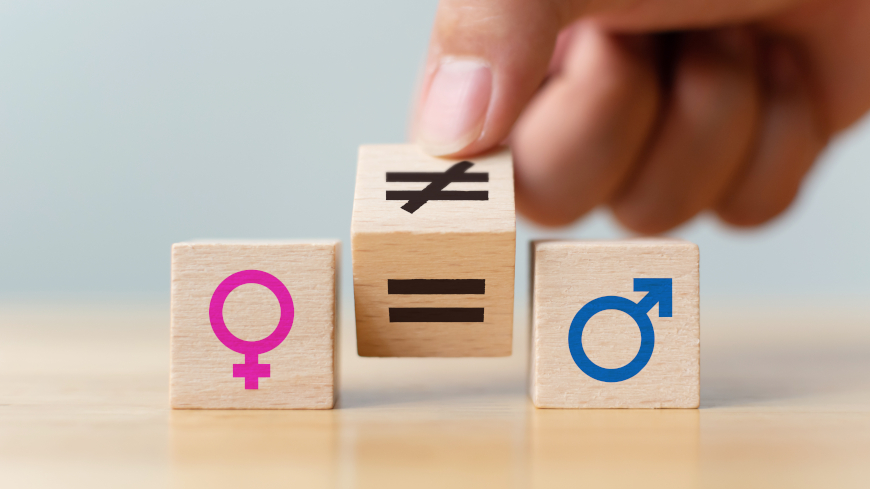Gender equality is an important goal for the Council of Europe and an indispensable part of human rights. It is also an essential element in the functioning of democracy and the rule of law. To further gender equality, the Council of Europe and the Partnership for Good Governance II (PGG) programme implement gender mainstreaming in their work, guided by the Council of Europe Gender Equality Strategy 2018-2023. Council of Europe conventions and recommendations have been developed to support gender equality and gender mainstreaming. One of the most important is the Convention on Preventing and Combating Violence against Women and Domestic Violence, the so-called Istanbul Convention.
Practical tools to support project teams in their gender mainstreaming work have been developed by the Council of Europe and these are complemented by the support the PGG projects in Eastern Partnership countries receive from the Gender Advisor. The Council of Europe also provides gender mainstreaming training for field offices.
An effective tool for gender mainstreaming is gender analysis, which provides ways to enhance this dimension in projects. This is an approach used by the PGG projects in their work.
In Armenia, the judicial reform project conducted a gender analysis at the end of 2020. As a follow up, the project carried out a gender impact assessment of the country’s judicial code with the aim to progress towards a more gender sensitive judiciary.
In Georgia, the project working on the criminal justice system complemented the review of criminal procedure legislation with an analysis of the gender perspective in respective laws, aiming to enhance this aspect in the criminal procedure legislation reform.
In the Republic of Moldova, the justice sector project includes a gender equality theme in their trainings. As another example, the same project will include the gender perspective in a survey on perceptions and attitudes on equality and non-discrimination, enabling to identify where more work in this area is needed.
Gender equality is put forward by projects working in particular on gender equality and women’s rights, including the regional project on “Women’s access to justice: delivering on the Istanbul Convention and other European gender equality standards’” and a new country-specific project launched in July 2020 in Azerbaijan, focusing on raising awareness on the Istanbul Convention and other gender equality standards. These projects are essential in addressing specific gaps in gender equality, such as the rights of women who are victims of domestic violence.
The gender mainstreaming work carried out in the framework of the PGG aligns with the European Union goals in gender mainstreaming and gender equality. At the end of last year, the European Union introduced the new Action Plan on Gender Equality and Women's Empowerment in External Action 2021–2025 (GAP III). Gender mainstreaming all policies and programmes, aiming to change social attitudes through combating and preventing sexism, and combating and preventing gender-based violence are just some of the shared areas of work for both the European Union and the Council of Europe.





